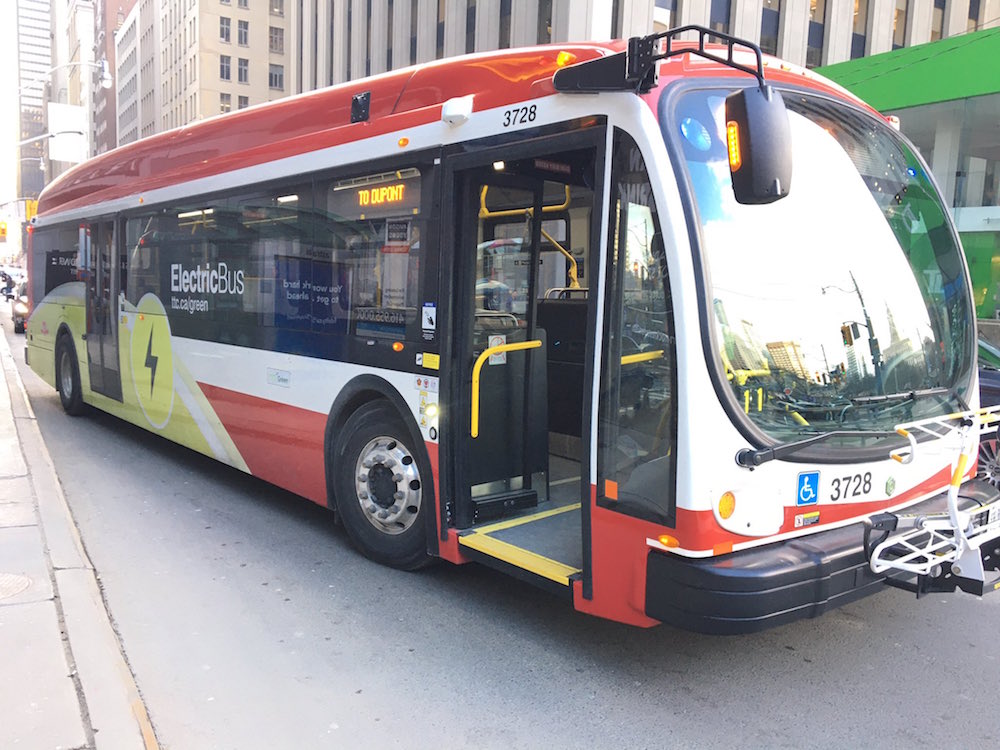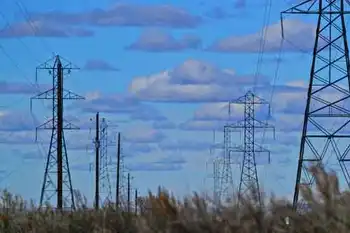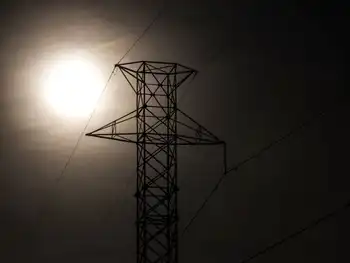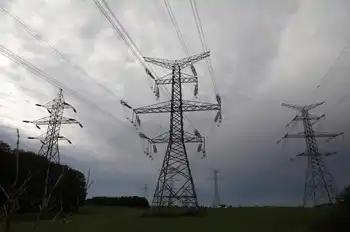Florida mayor touts renewable job projects
By Naples Daily News
CSA Z462 Arc Flash Training - Electrical Safety Essentials
Our customized live online or in‑person group training can be delivered to your staff at your location.

- Live Online
- 6 hours Instructor-led
- Group Training Available
In keeping with Governor Scott’s “Let’s Get to Work” campaign message, Florida Power and Light Company’s Buck Martinez talked about the potential existing in the energy industry to create new jobs in Florida.
Martinez, Senior Director of Project Development for FPL, oversees the utilityÂ’s renewable energy projects. He shared FPLÂ’s vision for the StateÂ’s energy future at this month's EDC investor meeting. The investor meetings are held the first Tuesday of each month to keep investors informed about important economic development initiatives that can help improve the Collier County's economy.
“With Florida’s abundant sunshine, it makes no sense that we would not take advantage of solar energy options,” said Martinez. “If legislation is passed, FPL has shovel-ready projects in the works that will provide thousands of new jobs.”
FPL is celebrating the commissioning of its Martin Next Generation Solar Energy Center, the worldÂ’s first solar hybrid power plant, in Martin County. Construction of the plant over the past two years employed 1,000 people, and the plantÂ’s reduction in fossil fuel consumption will save FPL customers $178 million in fuel costs over the life of the project. Martinez explained the potential to create a whole new research triangle if FloridaÂ’s leadership would enable large-scale investments in alternative energy such as biomass, wind and solar.
“A recent study by the Washington Economics Group states that 700 MW of solar energy would create 40,000 jobs and 8.1 billion in economic impact,” Martinez noted. “Looking globally, China created a million jobs in renewable energy!”
Anticipating the demand for energy, hundreds of companies have created businesses in states where the sun shines less than in Florida, Martinez emphasized. He said FPL’s parent company, NextEra Energy, Inc., is the nation’s largest renewable energy company, generating clean power and creating jobs in more than 20 other states. The question Floridians should be asking, Martinez said, is “Why not Florida?”
He pointed out that due to FloridaÂ’s climate and geographic location, Florida is well-positioned to be the global leader in renewable energy, an exporter of intellectual property and energy products to islands in the Caribbean and other countries. Martinez shared photos of FPLÂ’s Martin Next Generation Solar Energy Center and DeSoto Next Generation Solar Energy Center, which features 180 acres of solar panels in DeSoto County and generates 25 megawatts of clean electricity for FPL customers. Hundreds of curious international visitors have traveled to the DeSoto facility to study how it works. He also talked about the companyÂ’s Living Lab in Palm Beach County where FPL researches solar technologies to continuously evaluate options for customers.
Florida law is geared toward fossil fuels or nuclear because they cost less, however, Martinez said, the benefits of renewable energy are worth the small difference in cost, and Floridians are willing to pay a dollar per month more for renewable energy, according to a survey commissioned by the non-partisan Florida Taxwatch. If the state passes new enabling legislation, utilities could choose to invest in more renewable energy, on behalf of their customers, at a low cost.
For example, if the expansion of FPL’s DeSoto Next Generation Solar Energy Center were to be approved, it will cost consumers less than five cents per month on average, Martinez said, noting the costs of solar energy have already dropped 30 percent in recent years due to better technology. “If we were able to buy in scale and create a solar energy corridor along the major highways that cut through the State of Florida, greater savings would be realized as well as jobs in construction engineering, teaching, and research.”
One of the benefits of renewable energy is the reduced reliance on foreign oil and other fossil fuels that aren’t native to Florida. Currently, FPL relies heavily on two major natural gas pipelines that transport fuel from out of state to the company’s plants so it can generate power for Floridians. “Those profits go to other states. Out of the billions of dollars spent on energy by Floridians, the majority of the money goes to other states,” said Martinez, who when asked by University of Florida graduates where they should look for energy jobs, tells them their best opportunities today exist in Texas.
EDC investor Rick Housh contributed a succinct final comment that one gallon of gas currently costs $3.20 while one gallon of energy for an electric vehicle costs fifty cents, as he took Buck Martinez for a ride in his new Tesla. In addition to being one of the cleanest generating utilities in the nation, FPL operates the industry’s largest “Green Fleet,” providing service to its 4.5 million customers with hundreds of biodiesel, hybrid and electric vehicles.











